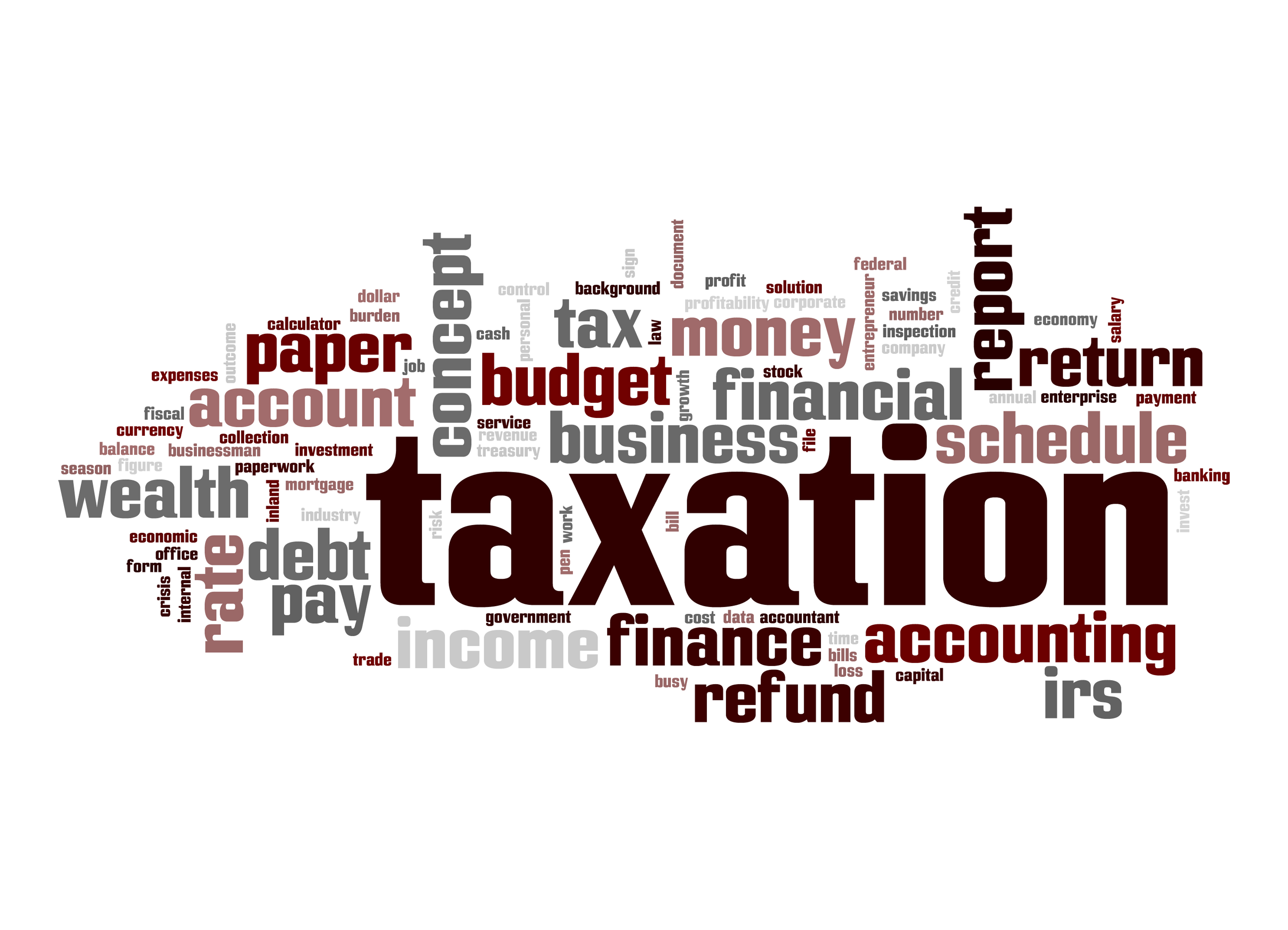BUSINESS OUTLOOK IN 2018
Dear Subscriber,
The year 2017 was quite eventful in Nigeria and the front burner issue for a major part of the year was the health of the president, however in his absence the country took giant steps towards easing the process of doing business and expansion of the tax net through the Voluntary Assets Income Declaration Scheme (VAIDS).
With the strengthening of oil prices and stability of production witnessed towards the 2nd Quarter of the year, the Nigerian economy successfully exited recession which allowed the Central Bank of Nigeria defend the Naira and stabilize against the Dollar. Ultimately the year 2017 is viewed with mixed feeling across Nigeria and with the advent of a New Year we now take a critical look at some important sectors of the economy and how they might fare in 2018.
MANUFACTURING
According to reports from the National Bureau of Statistics, the manufacturing sector has witnessed steady growth since April 2017. Prior to this time, this sector was heavily battered by the headwinds of recession- instigated by the lack of foreign exchange needed to purchase critical raw materials- which led to a lot of Companies closing down with the attendant job losses.
With the improvement in the availability of foreign exchange and especially the Forex window opened for small and medium scale enterprises its is expected that the growth pattern being witnessed will be sustained in the year 2018. It is however imperative for the Government to fast track reforms that will switch the economy from being dependent on the volatile swings of crude oil prices towards other more stable sectors
TELECOMS
The biggest news in this sector in the year 2017 was the Etisalat debt issue and the attempt by the Banks to forcefully takeover which led to an intervention by Central Bank of Nigeria and Nigerian Communications Commission. The company’s United Arab Emirates partners left and took away the brand name Etisalat which ultimately forced the company to rebrand to 9mobile and buyers are currently being assessed to take over the Company.
Also worthy of note is the continued shift of focus from voice and data offerings towards the Value Added Services (VAS) space which is currently valued at $500m. Telecom service providers are now acting as conduits to reach out to potential customers in various sectors like Banking, Insurance, Medical, Entertainment etc . These industries understand that Telcos have a direct and unavoidable access to a huge customer base and own the network infrastructure to conclude a commercial dialogue.
With the continuous roll out of critical infrastructure and the expected sales of a diverse range of licenses in the year 2018 by the Nigerian Communications Commission, it is expected that the sector would continue witnessing a massive inflow of investments and innovation in the year 2018.
OIL AND GAS
The year 2017 saw an improvement in the prices of crude oil and coupled with the stability of production this impacted positively on the Nigerian economy. The downside of this steady rise in crude oil prices is the increasing competitive advantage of shale oil in the global oil market and it is expected that the price would cap at $80 per barrel. Interestingly, Nigeria has benchmarked its 2018 budget oil revenue at $45 per barrel and 2.3million barrel per day production which should buffer against unexpected shocks in the global pricing of crude oil.
Investments in the exploration sector is expected to remain sluggish as the likes of ExxonMobil, Royal Dutch Shell, Total, and other majors have indicated a cut in spending on oil and gas exploration and would rather spend on already discovered resources. Investment in Gas infrastructure is however expected to witness an increase due to the activation of more gas powered independent power plants. It is also anticipated that Dangote Refinery would be nearing completion by the end of this year in line with expectations that operations at the $12 billion facility would commence in the year 2019.
REAL ESTATE
Just like other sectors, the Real Estate industry witnessed a spike in vacancy rates and slump in the sales of properties especially in highbrow locations. In Lagos for example there was a serious decline in lettings of premium spaces in the Ikoyi axis whilst we witnessed a rush for cheaper accommodation in places like Yaba.
As the economy improves, the picture for real estate investments are expected to start improving through 2018. It is projected that the year 2018 will be the year of Affordable Housing and a clear indication of this was witnessed during the presentation of 2018 Budget to the National Assembly by President Mohammadu Buhari in the last quarter of 2017, the Federal Government plans to set aside N35.4 billion to address the housing needs of its workforce under the National Housing Programme. This, if fully implemented, will provide opportunities for investors and developers alike.
AGRICULTURE
In the year 2017, this sector witnessed tremendous growth and investments as several investors deployed significant capital in the production and processing of crops like rice, sugar, maize, soya, cassava, yams, tomato, oil palm, rubber, poultry etc. This sector contributed significantly to Nigerias exit from recession in 2017 and is poised to expand according to available market intelligence.
The government is also giving priority to this sector as evidenced by a budget of N118.98 billion for Agriculture in 2018 which aims to diversify the economy from dependency on crude oil. Special mention must be made of the Anchor Borrowers Programme (ABP) of the Central Bank of Nigeria (CBN) which aims to develop seven main agricultural products – rice, cocoa, cashew, sesame seed, maize, palm produce and cotton. The success of this program has seen the country move from being a net importer of rice towards self-sufficiency in its production.
It is expected that 2018 will witness additional investments in this sector through seed improvement, better land preparation, access to better and, sometimes, crop-specific fertilisers, access to credit facilities and general extension services for farmers. As this sector grows it is also important that the Government institutes and sustains reforms which would optimize the country’s potential to feed its population and exploit the export market for foreign exchange.
CONCLUSION
Nigeria remains a core investment destination for anyone looking at Sub-Saharan African markets and the patterns highlighted above strongly point to a path of recovery for the country if the Government sustains the reforms being implemented. Also important issues like the upcoming 2018 census, the 2019 elections, Fulani Herdsman, which can have negative economic implications should be handled properly by the Government.
The content of this document is solely for information purposes only and should not in any way be construed as a legal opinion. If you require specific legal advice on any of the matters covered in this article please contact a professional.
MOTIVATIONAL VIDEO
We understand how tough it is being in business, so the “IOC Weekly” Editorial Team has decided to add inspiring videos to our weekly articles to juice up your week. We hope it serves the purpose.
Cheers,to a fruitful week.





